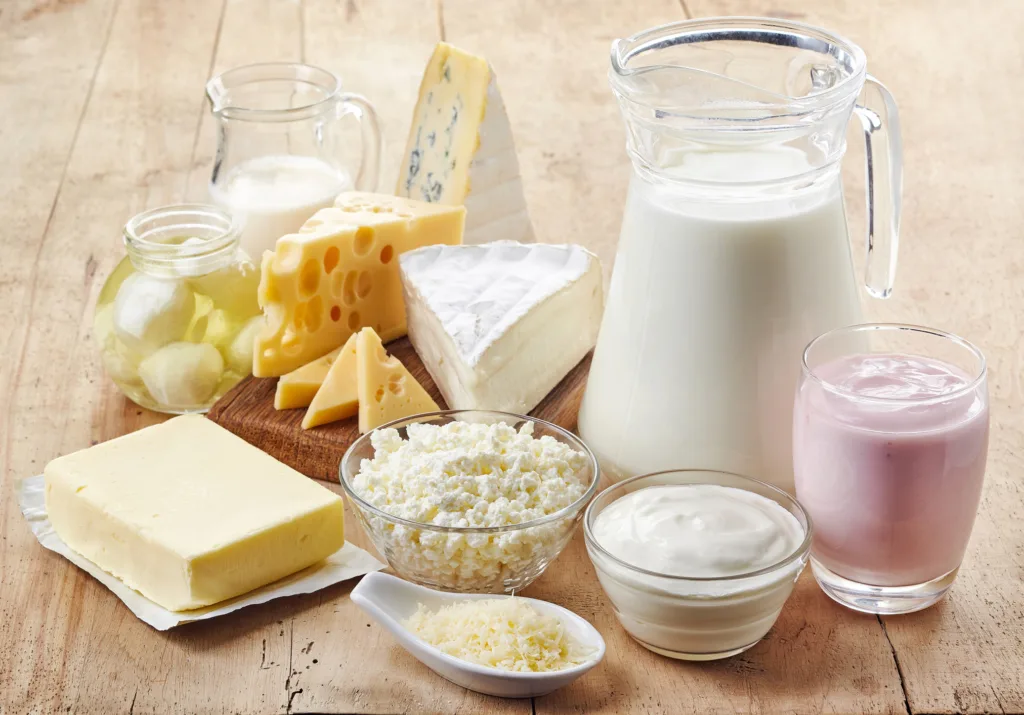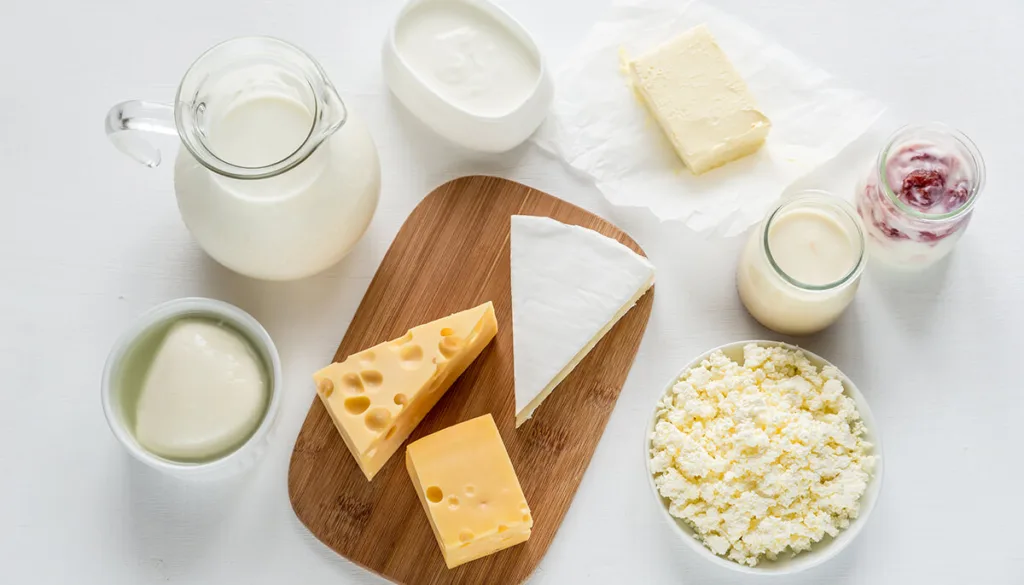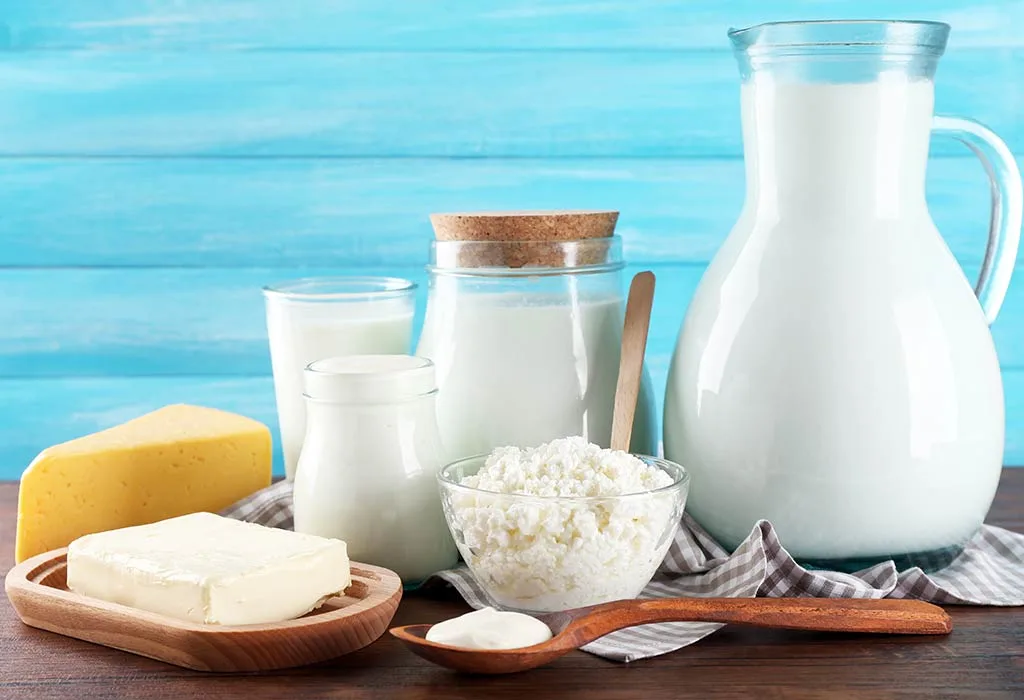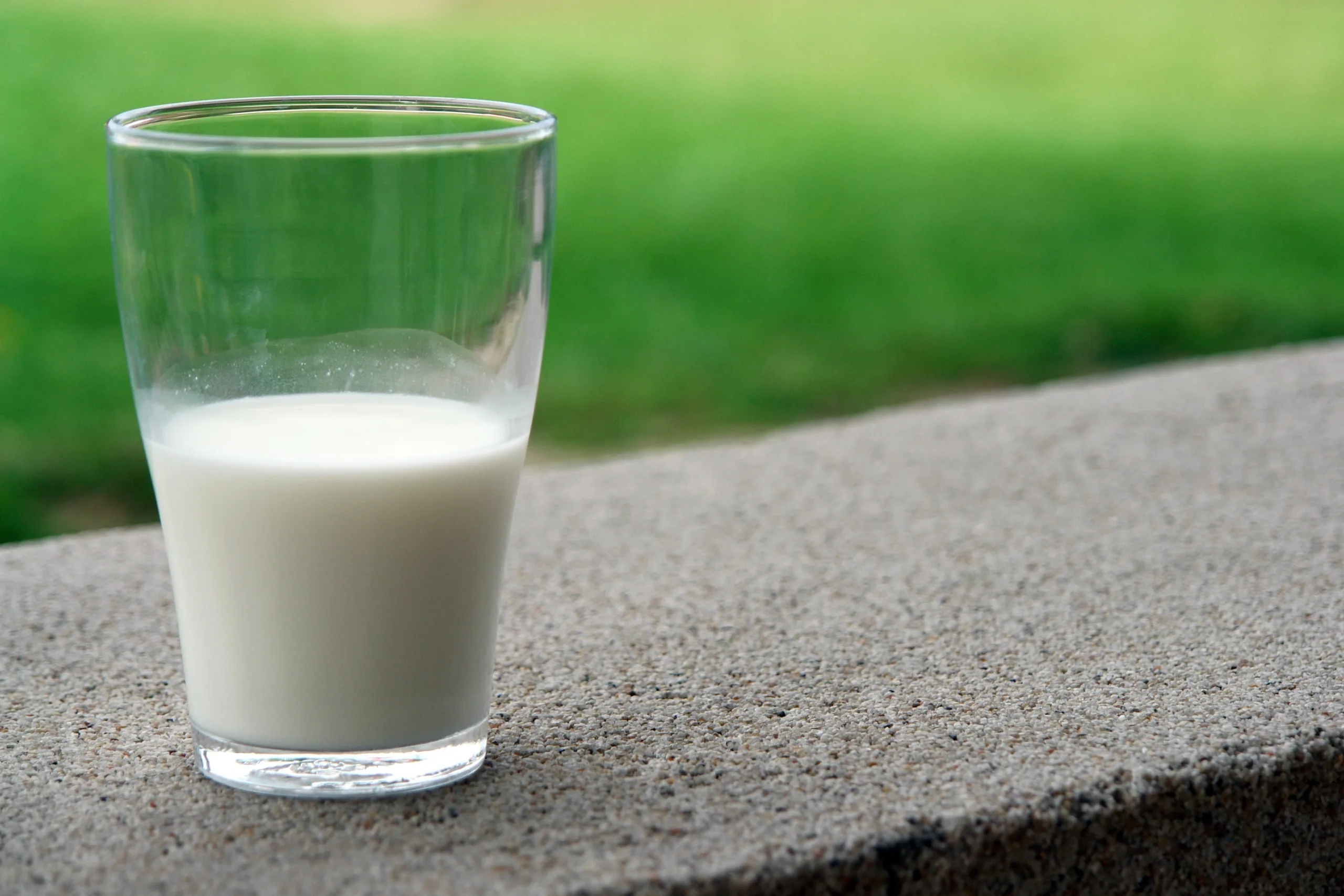If you’re trying to slim down, you’ve probably pondered the perplexing role dairy plays in weight loss. Will polishing off that pint of ice cream derail your progress or can you enjoy yogurt without worry? I’ve got good news and bad news. This is not a simple yes or no answer, but arming yourself with the facts can lead to smart choices that work for you. Let’s dive in and closely examine how dairy affects weight management.

Dairy 101: The Need-to-Know Basics
Before we get to the juicy stuff, let’s quickly cover what exactly counts as a dairy food. Dairy products come from the milk produced by mammals like cows, goats, and sheep. We’re talking about fluid milk, yogurt, all types of cheese, cream, butter, and everyone’s favorite indulgence – ice cream!
Dairy provides a nutritional powerhouse of protein, calcium, vitamin D, phosphorus, potassium, and B vitamins. But it also contains varying amounts of carbohydrates, fat, and the natural milk sugar lactose. This unique combo of nutrients may provide health perks but can also pack on pounds if you go overboard.
So if you’re striving to slim down, understanding the potential connection between different dairy products and weight loss success is crucial. While dairy can certainly be part of a healthy diet, its impact on your weight depends on the type and amount you eat as well as how it fits into your overall eating habits. Getting the real scoop is the first step to making the best choices for you.
What’s Inside? Breaking Down Dairy’s Nutrients
Dairy foods contain a wide range macronutrients and micronutrients that affect health and body weight. Let’s look at what’s really inside.
The Macronutrients: Protein, Carbs and Fat
Protein is the superstar macronutrient for weight loss. Dairy protein helps build and preserve lean muscle mass, which directly fires up your metabolism. Plus it keeps you feeling full and reduces cravings.
Carbohydrates come from lactose, the natural milk sugar. While low-fat milk is lower in carbs, yogurt and cheese also serve up varying amounts.
Fat can be healthy in moderation, but the saturated fat in whole dairy products provides concentrated calories that can add up quickly.
The Micronutrients: Calcium, Vitamin D and More
Beyond macronutrients, dairy provides key micronutrients:
Calcium is crucial for muscle contraction, nerve health, enzyme function and beyond. Research shows it may also facilitate fat loss.
Vitamin D helps your body absorb calcium and is linked to weight regulation. Low levels are associated with obesity.
Other Nutrients like phosphorus, magnesium, potassium, zinc, ribs, and B vitamins support a healthy metabolism.
This unique nutrient package provides synergistic benefits beyond individual components.

The Dairy Weight Loss Debate: The Research Reviewed
So what does the science actually say about how dairy influences weight management? The research is mixed and complicated. Some key factors:
Dairy protein promotes fat loss. The high protein content helps preserve and build calorie-burning lean muscle while curbing appetite. It’s a true weight loss ally.
Dairy foods may enhance appetite control. Components like protein, fat, carbs and minerals are believed to work together to regulate food intake between meals.
Dairy may give your metabolism a modest boost. The unique combo of nutrients may slightly increase your resting metabolic rate compared to other foods and drinks.
Calcium and vitamin D appear to enhance fat burning. These dairy nutrients are linked to greater fat oxidation and less fat accumulation by influencing hormone regulation.
Muscle building helps maintain metabolism. Amino acids in dairy help build muscle. Preventing muscle loss directly affects your daily calorie burn.
Choosing the Best Dairy Foods for Weight Loss
With so many options from Greek yogurt to cheese, milk, and non-dairy alternatives, which dairy foods best support weight loss?
Low-Fat vs Full-Fat Dairy
For years, we were told to only choose low or non-fat dairy. But studies now suggest full-fat versions may be equally or more effective for fat loss since they enhance satiety. Still, less total fat and calories in low-fat dairy makes portion control easier.
Yogurt and Probiotics
Probiotic yogurt benefits your gut and immunity, which may support healthy weight indirectly. Greek yogurt is especially high in protein. Stick to plain, unsweetened varieties.
Cheese: A Little Goes a Long Way
While high in protein, cheese also provides a good amount of saturated fat and calories. Limit to 1-2 oz a day. Part-skim mozzarella or a little feta or Parmesan are nutritious choices.
Milk Alternatives Vary by Nutrients
Non-dairy milks like almond and soy are lower in calories but lack protein. Opt for unsweetened versions and incorporate other protein sources like yogurt.

5 Tips for Incorporating Dairy into a Weight Loss Plan
If including dairy in your diet, utilize these proven strategies to maximize results:
1. Consume dairy as part of a balanced, healthy diet. Don’t solely rely on dairy. Include a variety of lean proteins, fruits, veggies, whole grains, nuts and healthy fats. Variety and moderation are key.
2. Pay attention to portion sizes. Even with low-fat options, be mindful of servings. Measuring out yogurt, milk and cheese ensures calories stay in check.
3. Pair dairy with fiber-rich foods. Combine yogurt or milk with berries, oats, nuts or beans to balance blood sugar and hunger.
4. Incorporate non-dairy meals. Balance meals with salmon and veggies or beans and rice. Get calcium from greens, nuts, seeds and fortified plant milk.
5. Use higher calorie cheeses as a garnish. Sprinkle a little feta or Parmesan rather than making it the main event.
3 Big Myths About Dairy and Weight Loss – Busted
Despite its well-proven benefits, dairy remains controversial for weight loss. Let’s separate fact from fiction.
Myth 1: Dairy causes weight gain. Studies show dairy foods don’t inherently lead to fat gain compared to other equally-caloric foods. Overeating calories is the true culprit.
Myth 2: Full-fat dairy makes you fat. Whole dairy has a neutral effect for most people, especially within balanced eating patterns. Skim milk doesn’t have magical powers!
Myth 3: Dairy is off-limits if lactose intolerant. While it can cause discomfort, lactose-free milk and small portions of hard cheeses are usually well tolerated.

The Bottom Line: Should You Eat Dairy for Weight Loss?
Here’s the final take on dairy and dropping pounds:
- The relationship is complicated, with mixed study results. Dairy may support fat loss for some but not all.
- Consumed in moderation as part of an overall healthy diet, dairy provides protein and nutrients that likely aid weight loss through several mechanisms.
- But eating too much full-fat dairy significantly increases calorie and fat intake, which may hinder results.
- Make nutritious choices like yogurt and milk part of your personalized nutrition plan, along with plenty of whole foods, lean proteins and healthy fats.
- Let your preferences, calorie needs and tolerance guide smart dairy choices that align with your lifestyle and wellness goals.
The key is enjoying the benefits of dairy while keeping calories in check. Want to lose weight in a flexible, sustainable way? Subscribe to our free newsletter. Let us know in the comments – what’s your favorite way to work dairy into a healthy diet?
Thank you for reading this post, don't forget to subscribe to our free newsletter
!
